You never know who is listening.
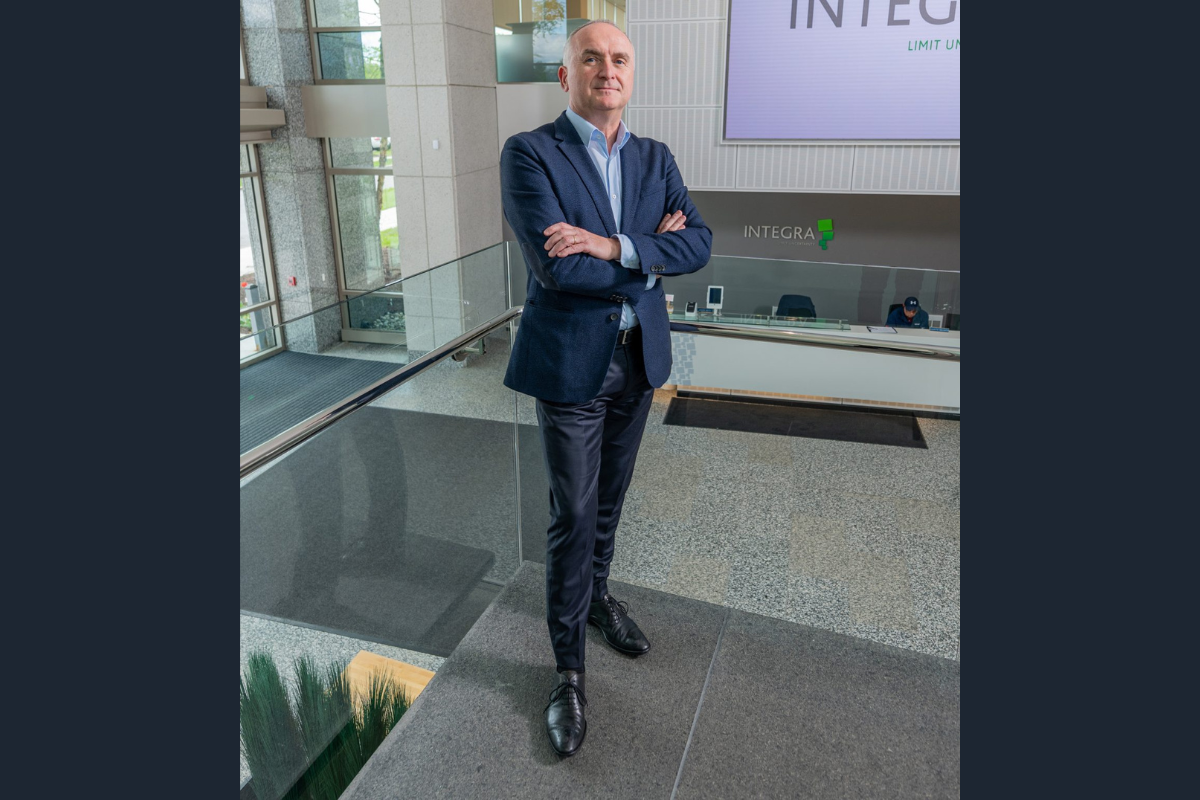
As Integra LifeSciences CEO Jan De Witte likes to recall, the company recently changed the life of a cameraman. As the creative captured content for the event, he almost fell over when listening to the speaker.
At a presentation hosted by the cutting-edge medical technology company, he heard symptoms previously described by his dad who supposedly had dementia. Realizing his dad may have been misdiagnosed, the pair brought this to his doctor’s attention. As it turns out, his father who had been experiencing pressure in his brain caused by a build-up of cerebrospinal fluids, actually had a commonly overlooked condition called idiopathic normal-pressure hydrocephalus, or iNPH.
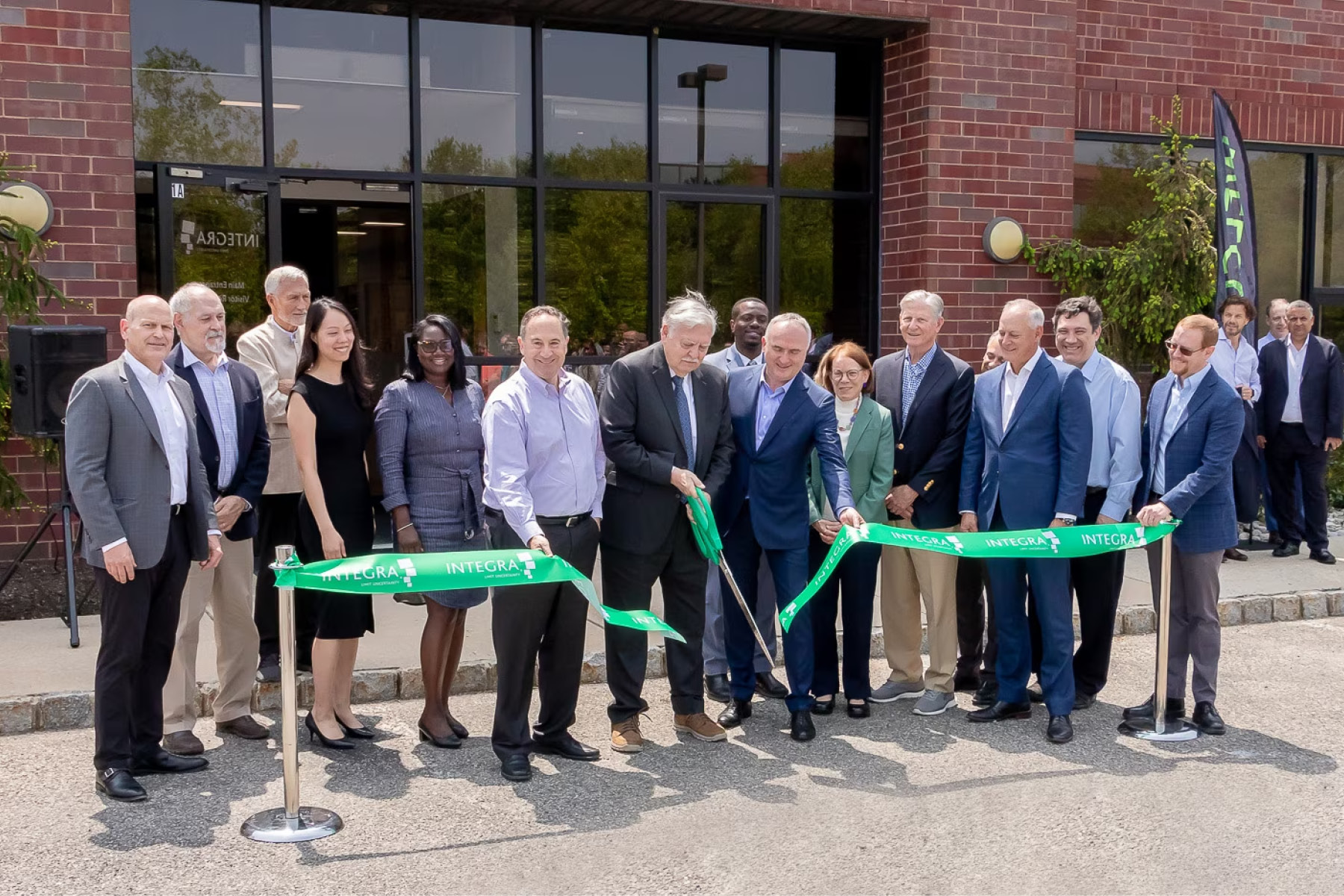
Stories like this truly show what technology can do, which gets our engineers motivated to find solutions and creates awareness around these underdiagnosed conditions.
After one of Integra’s valves was installed a few weeks later, he was back in action as though nothing had happened.
“Stories like this truly show what technology can do, which gets our engineers motivated to find solutions and creates awareness around these underdiagnosed conditions,” De Witte tells The CEO Magazine.
Motivated by the desire to protect his own parents, who are also in the geriatric age group, De Witte is amplifying its ability to educate neurologists even further with Integra. A new video analytics application in which patients are filmed is one way he hopes to draw attention to the signs of iNPH.
“While subtle, when an old person has this condition, the way they walk and lose some of their coordination has specific characteristics which is another way we can diagnose it,” he explains.
Back to his roots
After a five-year stint as CEO of Barco, a networked visualization solutions company, De Witte joined Integra in 2021. While he had created tremendous value for Barco by staying true to his specialties of new product development, international market growth and operational excellence, the sabbatical had been pivotal. It showed him that he longed for the ability to change lives once again.
Having previously spent nearly two decades at GE Healthcare, including the last five years as President and CEO of the Global Healthcare IT business, he couldn’t shake the purpose that came along with the industry.
“Once you’re not in health care, you miss it,” he explains, “So to work for a company that is at the tip of the technology spear attracted me.”
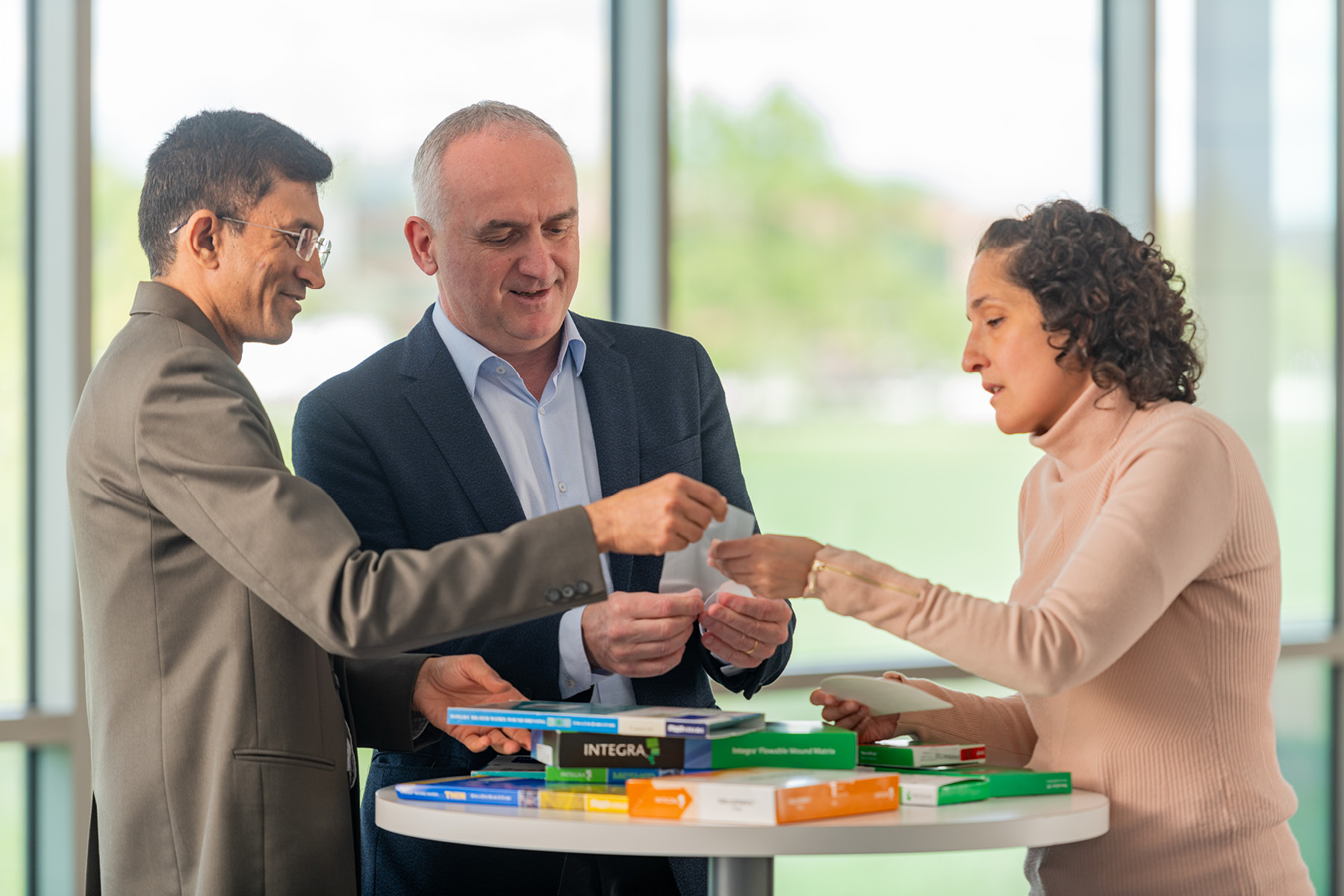
Once you’re not in health care, you miss it. So to work for a company that is at the tip of the technology spear attracted me.
De Witte is always asking himself how Integra can take what it’s doing and deepen it. The US$1.5 billion company has been a global leader in neurosurgery and regenerative care since its founding in 1989. Credited with establishing the latter, Integra has always drawn its insights from surgeons whose specialties range from complex wound reconstruction to serious neurological conditions such as brain tumors and hemorrhagic strokes.
Making the previously untreatable possible, De Witte galvanizes.
“The founding of Integra is linked to collagen-based technology that helps regenerate skin or soft tissue,” he explains.
That type of pioneering technology drew him to Integra. De Witte’s own genius is strategic thinking and looking at expansion from multiple angles. By improving its current products, moving into more international markets and catering to previously untapped parts of the surgical process, he hopes to accelerate growth.
The first tactic, which the company hangs its hat on, will always be the most critical. Ongoing conversations with medical providers are how Integra figures out what new technologies are needed or how existing ones can be modified.
Global expansion
Naturally, De Witte’s expansion plan also involves looking at numbers. The Belgium-born executive, who has spent most of his career working in Europe and the United States, knows international markets. His goal is to make Integra a familiar face on continents like Europe, Asia and Latin America, and expand this percentage of its sales from 30 percent to 40 percent.
“My focus is on building out our commercial footprint, as well as bringing products in the US to the international market,” he says.
In addition to this hyperrealistic goal, De Witte further proves his pragmatism by looking at low-hanging fruit. After assessing Integra’s current offerings, he realized the company needed to think beyond the operating room. His intention is to innovate within the current framework by building technology that touches pre- and post-operative care.
“By providing a broader solution to surgeons, we can enable positive clinical outcomes on a bigger scale,” he says.
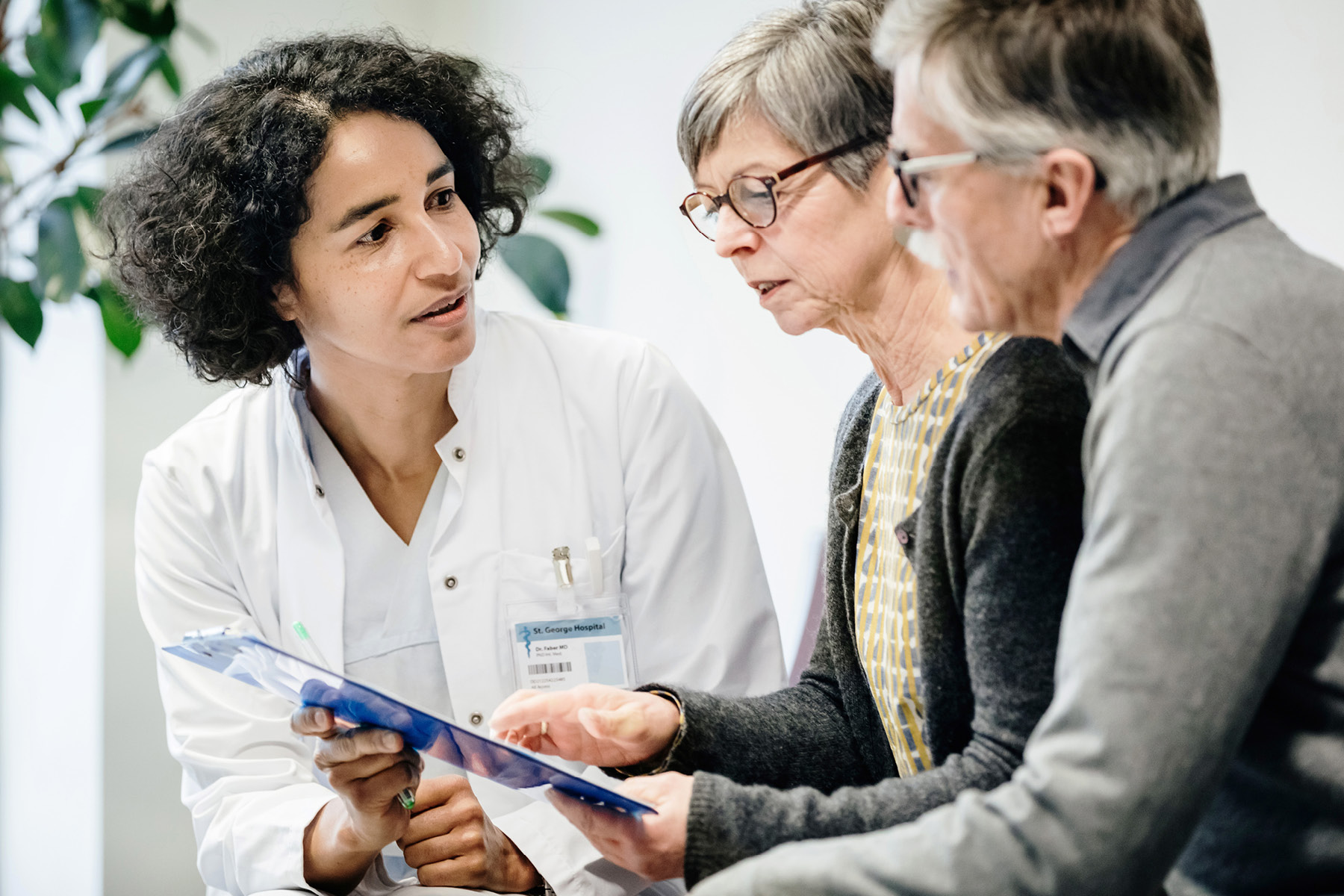
By providing a broader solution to surgeons, we can enable positive clinical outcomes on a bigger scale.
Even a high-tech company’s success still comes down to people, which is why De Witte is hiring new leaders as markers of where he wants to go. After bringing on Integra’s first fully dedicated international executive, who is based outside the United States, he recently shifted his focus to strategic marketing and digital capability development. Revolutionizing medical technology will always begin with the human connection, he explains.
“We hire people with strong listening skills, because they can understand our customer and market needs, which translates into great products,” he says.
Valuable partnerships
Always thinking ahead to spark the next technological innovation, something that will remain consistent is its suppliers. The company has close, collaborative partnerships which are critical to quality control in terms of its certified parts.
“Our neuromonitoring technology has a box developed by us and a microsensor developed by a supplier, and one is worthless without the other,” he explains.
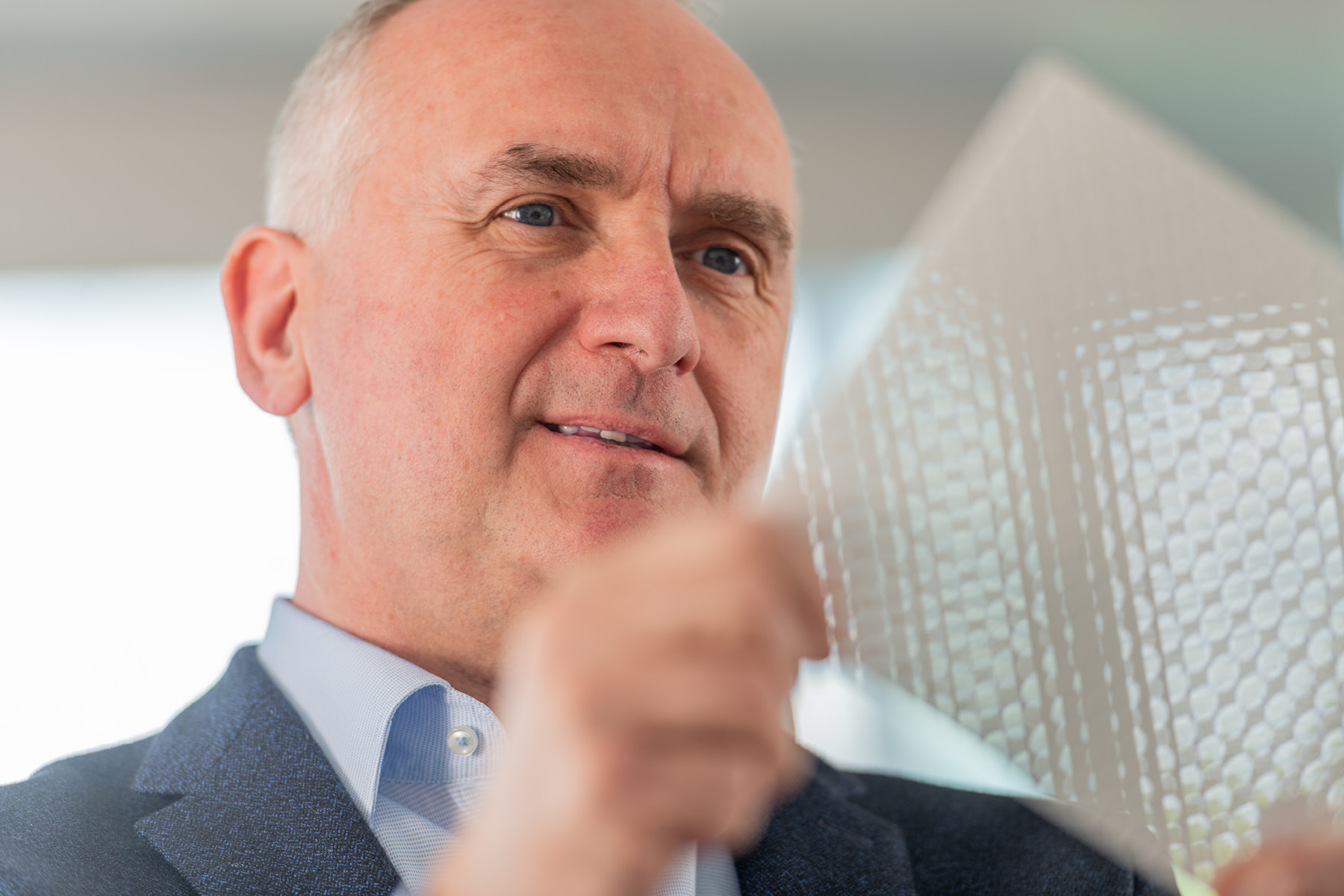
Our culture is built upon restoring patients’ lives through technology, translating all our energy into innovation and bringing that to as much of the world as we can.
Similarly, a quarterly global town hall meeting is responsible for the deep engagement of Integra’s employees. De Witte uses the setting to hit home how Integra helps patients by bringing in one whose life has been positively altered by their technology.
Employees can read about how Integra cured someone’s diabetic foot ulcer or how a product typically used on burns saved their leg from being amputated. They can even hear about a cameraperson whose father was spared from a lifetime of chronic pain. It creates a sense of belief in its mission, which in turn results in a better standard of care.
“Our culture is built upon restoring patients’ lives through technology, translating all our energy into innovation and bringing that to as much of the world as we can,” he says.


